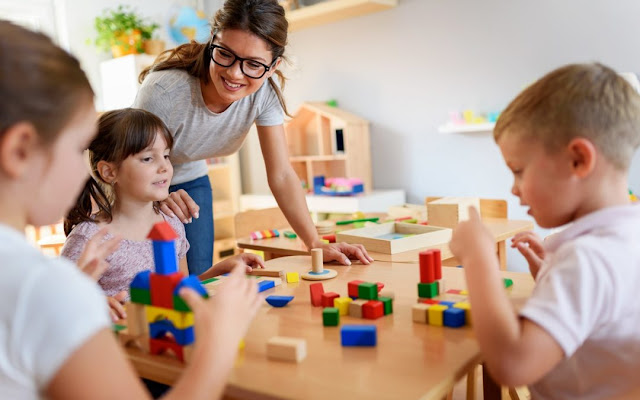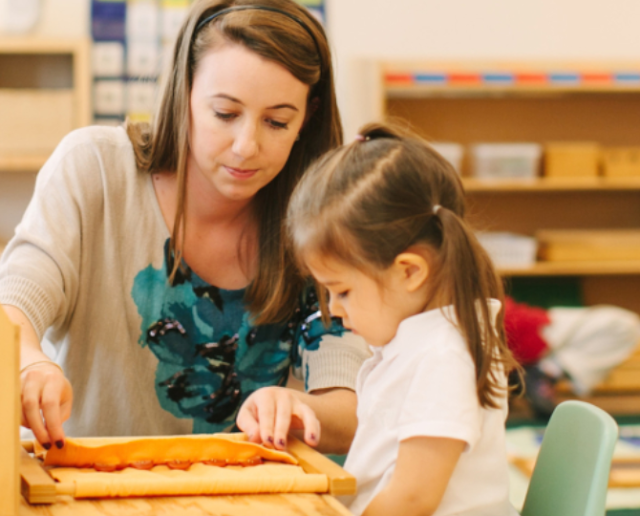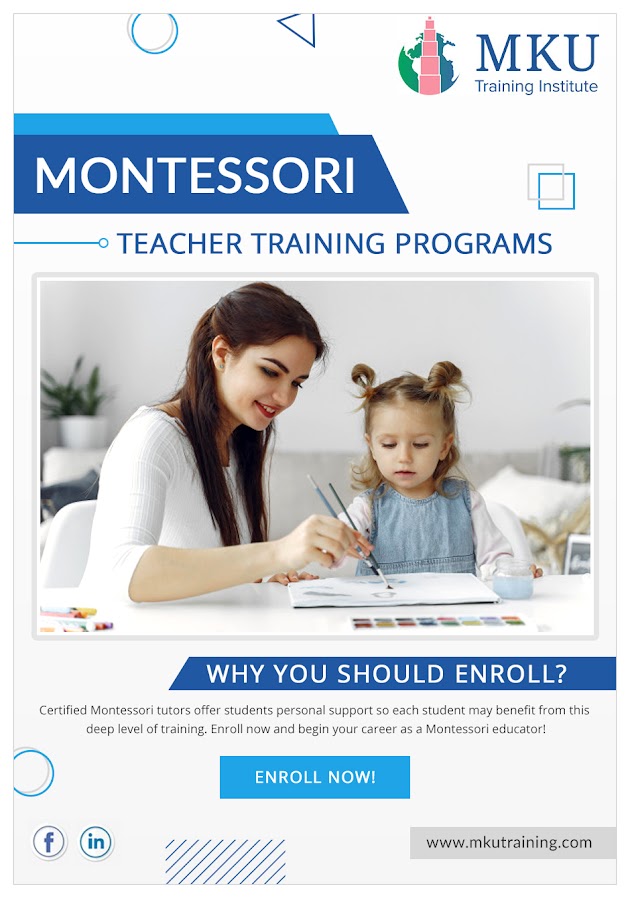- Create an atmosphere of reading: Some individuals believe that reading is critical to gaining success in life. Children who love reading books develop a passion for learning. However, many children don’t have a knack for reading books. In the future, they struggle with learning. Reading helps children to build a strong vocabulary. It also enables their brain to learn how to process formal communication and concepts. Students with a passion to read various books experience an increased ability to learn in all subjects. A Montessori teacher training institute can make you understand these intricacies in a profound manner.
- Encourage your child to lead: When it is about education, most students experience control. When a child feels controlled, he will have a tendency to withdraw from the learning process. You should encourage children to have control of their learning experience. Be it in the classroom or at home, give children the potential to have direct input into their learning preferences. A good approach to doing this is to provide the children with options. You should also allow children to pick their own extracurricular activities.
- Facilitate open and sincere communication: You need to encourage your child to express his opinion about what’s happening with his education. Develop an open atmosphere where your child will feel comfortable expressing himself. When your kid shares the viewpoint, ensure to validate his feelings. If the children feel that their perspective doesn’t matter, they will withdraw from the learning process. Excellent learners know their opinion holds value and feel assured that they can voice their educational experience without being criticized. To know the importance of communication, get a Montessori teacher certification from a reputed institute.
- Emphasize your child’s interests: When the learning process engages children, the entire affair becomes fun. Those who are willing to make their child a good learner must encourage him to explore subjects and topics that entice him.
- Introduce and embrace various learning styles: It’s a universal fact that different children have different learning preferences and styles. Some children adopt a dominant learning style while others embrace a mix of learning styles. When you are the parent, you have to help your child discover his own learning style by implementing techniques that will enhance his quality learning experience. If you want to know more about the learning styles, get in touch with a Montessori teacher training institute.
- Make learning a fun-filled experience: Game-based learning has been for a long time. This learning approach can be beneficial for your children. By using games as an educational tool, you give the child an opportunity for deep learning while simultaneously developing his non-cognitive skills. When a child is engrossed in the game, they get to learn a new system. Entertaining games motivate children to engage in the learning process and motivate them to learn more. You will get to learn a lot of these aspects while pursuing a Montessori teacher certification course.
Most children have an innate curiosity. They are interested in exploring the world around them, taking new skills and information like sponges. But somewhere in this process, their natural passion for learning is lost. It’s the reason why several children dread school and dislike learning new things. However, the love for learning can be cultivated with a few simple strategies in place as listed above.
Those who are struggling to motivate their children to learn new things should enroll in a Montessori teacher training course. At https://mkutraining.com, you get access to professional Montessori educators who have tons of expertise when it comes to dealing with children. Also, their charges are quite affordable and won’t be heavy on your pocket. So, why think? Opt for their training and fulfill your dream of becoming a Montessori teacher.


















